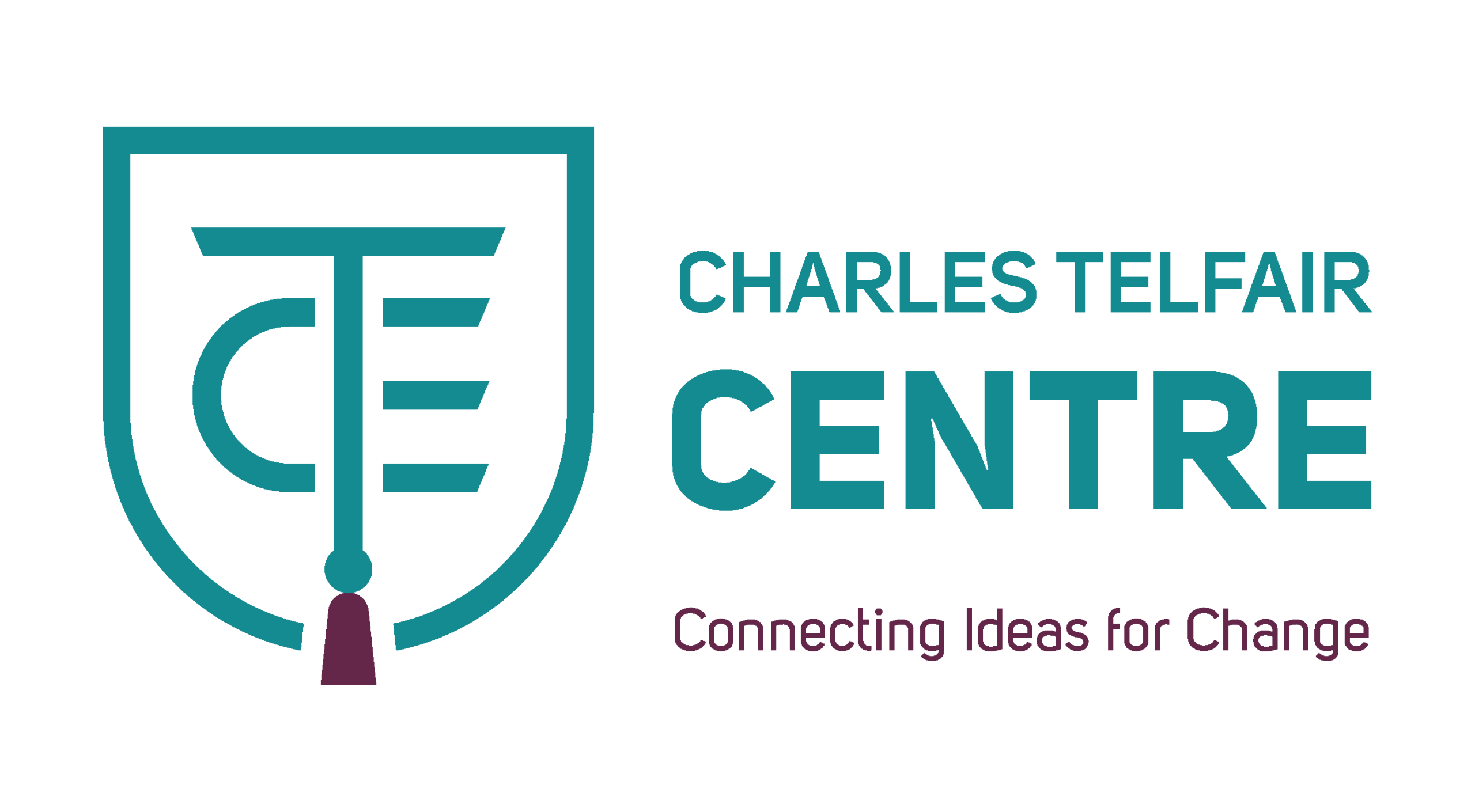Marc Israel, CEO Aetheis
The Covid-19 crisis has created a surge in digital usage, such as remote work tools and e-commerce. The unfolding Chinese example shows that people will not go back to the old normal. Digital has to be at the core of any business strategy and tactical plans, not as a by-product of the business strategy, but as a core driver. A digital-first approach will be the only way to boost and transform profoundly the Mauritius economy for the future.
The announcement of the lockdown by the Prime Minister in early March left many companies and organisations stranded on the side of the digital road, revealing a lack of preparedness for remote (work from home) operations. After a few months of “DIY adaptation,” the leaders of those companies and organisations have come to realise that the new normal will need to be more digital if they want to be able to get over the current crisis, spring back to growth and weather the next storm. As the OECD reminded us in a seminal paper published in 2018, “Technology that has the power to transform must transform economically.”
But what does ‘to be more digital’ mean? If many have become virtuoso of video calls and conferencing software, such as Zoom, Microsoft Teams or Jitsi, these are just the tip of the iceberg. It should not distract us from what is fundamentally required to transform the Mauritian economy into a digital-first economy.
Digital Transformation (DT)
Cio.com gave the following definition in 2019: “Digital Transformation is a foundational change in how an organisation delivers value to its customers.” The three key words of this definition are “foundational,” “value” and “customers.” However, the critical one remains “foundational.” And this is the number one reason why digital transformation is hard and should be led from the top.
The Mauritian economy was not prepared for this pandemic mostly because of its heavy reliance on air and ground transportation. Ground the planes and the economic machinery is completely gripped. Park the cars and people are stranded home. Close the shops and the money flow is clogged.
At the same time, the digitalisation soil has been fertilised by the private and the public sectors for years. The website fasil.mu (fasil means easy in Kreol) shows the willingness of the government to promote all the services it has already digitalised. The BPO and financial sectors have greatly contributed to the GDP (5% and 12% in 2017, respectively) and to the development of digital-based services, like those proposed through fasil.mu. We, as a nation, can build upon those experiences to build the next iteration of Mauritius, a digital-first Mauritius.
In their paper COVID-19: A new digital dawn? Tim Robins and his co-authors close with this important statement about healthcare that could be extended to any other industries: “Adversity has long been an important driver of innovation and modernisation of healthcare, with previous such lessons typically learnt [during] periods of conflict and warfare (such as casualty clearing stations and modern blood transfusion practice). We must ensure we learn from this period of adversity in the same way.”
Digital-First
In 2016, I was having a coffee with a Mauritian friend, working at the Microsoft Headquarters in Redmond. Contactless payment was the norm and he paid his coffee with his Apple watch. Yes, this was four years ago! If you ever try to do this in Mauritius, you will be left with a smile and a request for your credit card at best, cash at worst. And today, we are talking about contactless payment as the first way of payment. The wake-up time seems to have arisen!
In May, the consulting company McKinsey published an article entitled The COVID-19 recovery will be digital: A plan for the first 90 days. Taking a pragmatic approach, it provides guidance on how to rethink company’s effort to embrace and accelerate digital transformation. However, it provides an interesting pointer to the reasons behind this required acceleration.
With China, the world has a benchmark to what happens when the lockdown rules are softened. What McKinsey is showing is that the new normal is not as offline as it used to be, as some people continue to use available online services.

Covid-19 has boosted the adoption of contactless payment
A Mauritian initiative, travaylakaz.mu, estimates that remote working can save a company 150,000 to 180,000 rupees per employee and per year. With work-at-home incentives, companies will continue promoting remote work as a standard way, although they will need to adapt many of their processes and procedures, starting with the way they manage employees, provide insurance coverage and change the remuneration package. Rough sea ahead!
Those early indicators should put in every decision maker’s mind that any new business initiative should have digital as its prerequisite. If it is not digital, it does not exist. However, they should also question every existing process and procedure, prioritise them, and transform them, driven by a digital agenda. An invoice should not be printed, a check is a token of the past, a pay slip must be delivered electronically, payment should only be done digitally, orders need to be taken by Chatbot and hiring AI-infused. Rome was not built in a day, the digital revolution started 70 years ago and is not over, the train has departed the station, though.
A digital-first approach will be the only way to boost and transform profoundly the Mauritius economy for the future.
Digital Economy
If the American Silicon Valley may not be the model to follow, there are some regional indicators of the localisation of a digital economy that should ring bells in executive minds. Rwanda is becoming the digital Switzerland of Africa. Kenya’s Silicon Savanah is becoming the Valley of Africa digital innovation. Cape Town has emerged as the San Francisco of the African continent. Some of those countries’ start-ups are incorporated in Mauritius for tax and Intellectual Property (IP) reasons, but don’t really create jobs on the island. So, what is lacking Mauritius to become the Malta of Africa?
We can venture on three critical aspects that need to change dramatically to enable digital transformation of the island’s organisation while creating a new strong and resilient economic pillar:
- A skilled workforce with an entrepreneurial spirit: Recruitment has always been a strong issue in the ICT and BPO (Business Process Outsourcing) sectors. Time has come to deliver world-class curricula and reskilling programs to fuel start-ups and innovation labs. The announcement in the 2020-2021 budget of a Data Technology Park at Côte d’Or and the creation of a national e-learning platform are strong signals towards the education sector to amplify their offering. The creation of the Technology and Innovation Fund and the opening of a venture capital market at the stock exchange should also contribute to the development of a start-up ecosystem.
- An Open for Digital Business framework: Blockchain used to be a word, if mentioned in the activity of a company, that was understood as blocking your access to opening a bank account. The Budget announcement of a Land Use and Valuation Information Management System based on blockchain is a testimony that blockchain is now better understood, at least at a basic level. The choice of land management for a blockchain based system is one of the first application of this digital ledger technology (as, for instance, announced in 2018 in Rwanda), along with the announcement of a blockchain based digital currency. Following the measures announced in the budget in favour of data and digital innovation, a Digital-First Economic Development Board needs to emerge and budgets set aside to promote Mauritius as a digital-first destination, like the MTPA has done for tourism
- A tax legislation favourable to innovation investment: If France can become the best European country to invest in, nothing should stop Mauritius from reaching an equivalent status by implementing a simple and modern tax legislation. Unfortunately, despite some tax exemption for ICT equipment and tax holidays for technology driven education institutions, no real tax legislation targeting innovation and increasing the attractiveness of Mauritius for foreign investors have been announced. The dream of making Mauritius the Delaware of Africa is temporarily on hold!
If we want a true digital-first Mauritius, it also needs to become the Delaware of Africa, attracting private equity, venture capitalists and business angels, as the haven for start-up investments!
With those three foundational supports, the creation of an ecosystem needs to be a central preoccupation. There is no way to digitally transform the island and its economy without a vibrant, dynamic, and well-established ecosystem. Let us not being fooled though by false promises of unicorns and unstructured innovation. The existence of an ecosystem comprised of business angels, venture capital, research and education facilities, start-ups, innovation labs, incubators and accelerators, and parastatal bodies, is nothing but essential in the emergence of a true digital-first Mauritius.
If we want a true digital-first Mauritius, it also needs to become the Delaware of Africa, attracting private equity, venture capitalists and business angels, as the haven for start-up investments! It’s time to understand why Google chose Ghana for one of its Artificial Intelligence labs and Microsoft chose Kenya for its Africa Software Development Group. Other’s successes should teach us something that we can leverage to adapt our legislation and incentives to develop a true deep digital-first economy. There are still many first places to grab!
Can the Covid-19 crisis become a booster for DT in Mauritius?
Coming back to the original question. Can the crisis become a booster for DT in Mauritius? Well, it must do more than that! It is a wake-up call for the whole economy. All DT projects that were parked for later or even killed for being too costly need to be revisited urgently with a fresh eye. The crisis must be the bell that rings a deep area of digital transformation, putting digital and innovation at the core of every industry. Some companies are already well ahead of the curve and it is no surprise that they will get out of the race in a better position than others. Some learning from the 2009 subprime crises should be learned and applied. However, DT is not a by-product of business strategy, it’s not a nice-to-have, it’s not the realm of the IT guys. DT should start from the top, being spearheaded by the top management, and vested by the board. It’s only at that price of vision and leadership that in a few years from now, we will say that the SARS-CoV-2 was a blessing in disguise for Mauritius.
Charles Telfair Centre is an independent nonpartisan not for profit organisation and does not take specific positions. All views, positions, and conclusions expressed in our publications are solely those of the author(s).

